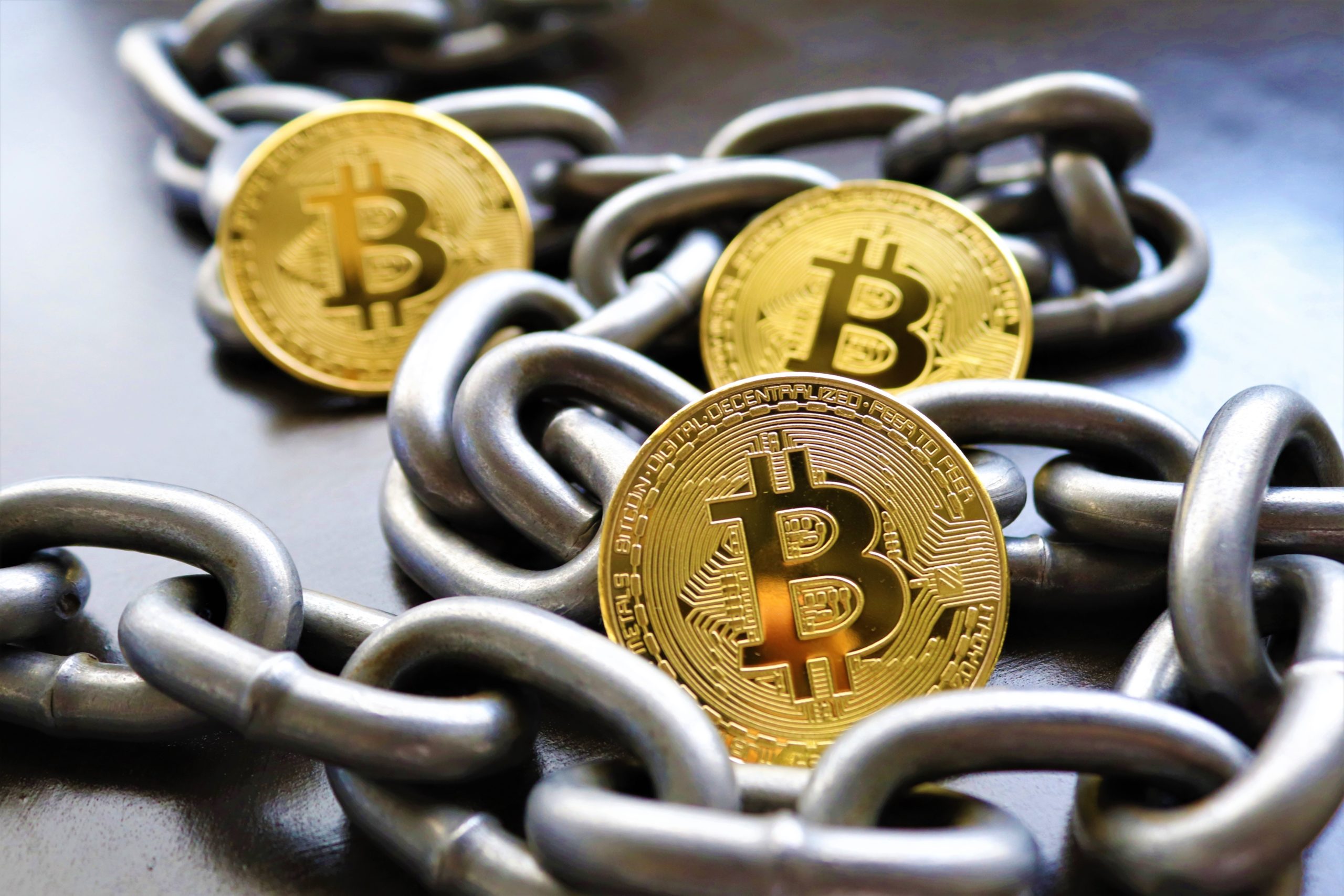
Even before the historical #EndSARS protests, many in Nigeria had interests in the market for Bitcoin, choosing to use the cryptocurrency for different reasons including international transfers and purchase of goods and services.
Over the years, Nigeria has recorded several highs for Bitcoin adoption rates, eclipsing many other nations in the world. It should come as no surprise considering that it has the largest population (over 200,000,000) of black people/Africans in the world.
For decades, Africa’s biggest population has battled the economic forces eroding the value of its fiat. As a result, many people face higher costs of international trade and money transfer. The limited supply of the dollar in the nation has led many Nigerians who have few alternatives, to opt for Bitcoin as a medium by which they make international transfers and trade.
The Nigerian Naira has suffered a 90% devaluation since 2016. This paints a picture of the widening gaps between Bitcoin and the Nigerian Naira. Between 1999 and 2018, the purchasing power parity of Nigeria grew from 19.4 to 124.9 LCU per international dollars rising at an increasing annual rate which reached a maximum of 25.29% in 2010.
Not only is Bitcoin used to help increase the purchasing power of businesses and people when engaging in economic activity with people in other countries but also, it has been used by an increasing number of people for investment purposes. Some investors in the Nigerian Stock Exchange incurred losses in 2020, due in part to the coronavirus pandemic while some cryptocurrency investors benefited from Bitcoin’s resilience.
Nigerians face not only an economy that struggles to keep up with the pace of its citizens’ expectations but also an uncertain future as it relates to the political climate. This has made the market for Bitcoin in Nigeria more attractive as not only a financial tool but also a censorship-resistant tool.
Photo by Roger Brown from Pexels